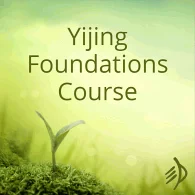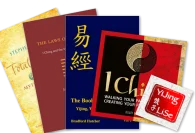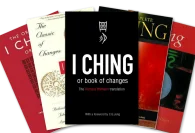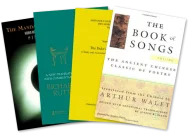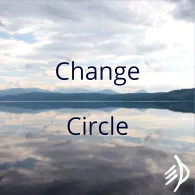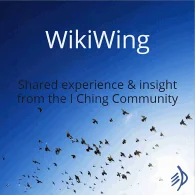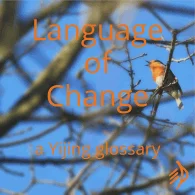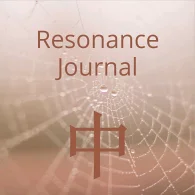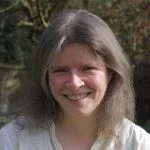(Background to this: the ‘Yi’ in ‘Yijing’ (aka the ‘I’ in ‘I Ching’) means ‘change’. Why would an oracle be called ‘change’?
A sensible explanation might be that the Yijing’s lines and hexagrams change, and maybe this was what made it different from its ancient sister-oracles that also used hexagrams. Change is what this oracle does and what it represents: 4096 kinds and qualities of change.
What follows is not a sensible explanation.)
Eternity isn’t time without end; it’s timelessness.
If eternity were an ocean of being, then all of time could float on its surface.
Eternal being is equally present in any moment in time. If time ran in a circle, eternity would be the point at the centre: equally close to every point on the circumference. (So if the soul is eternal, then talk of ‘past lives’ must be a bit of a misnomer. Another life might be ‘past’ or ‘future’ relative to this one, but they’re all present to the soul.)
So… why time? What does the creation of time really create?
Change.
(…growth – unfolding – stories to tell… )
Change is the embodiment of time, and it’s where and how we live.
Change does for eternity something like what language does for consciousness: it articulates it. It gives it a voice.
(Etymology of oracle: from Latin orare, to speak.)

